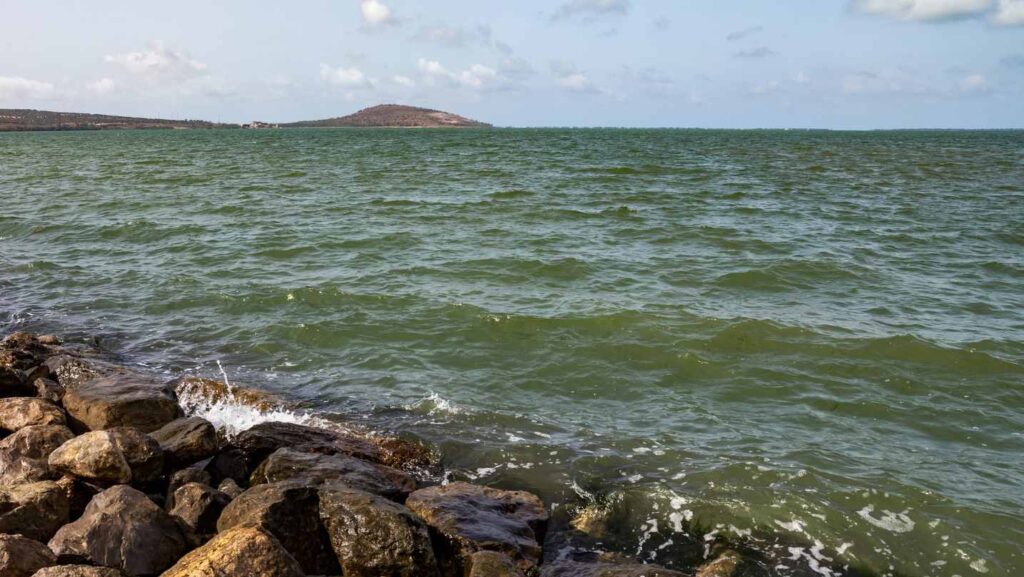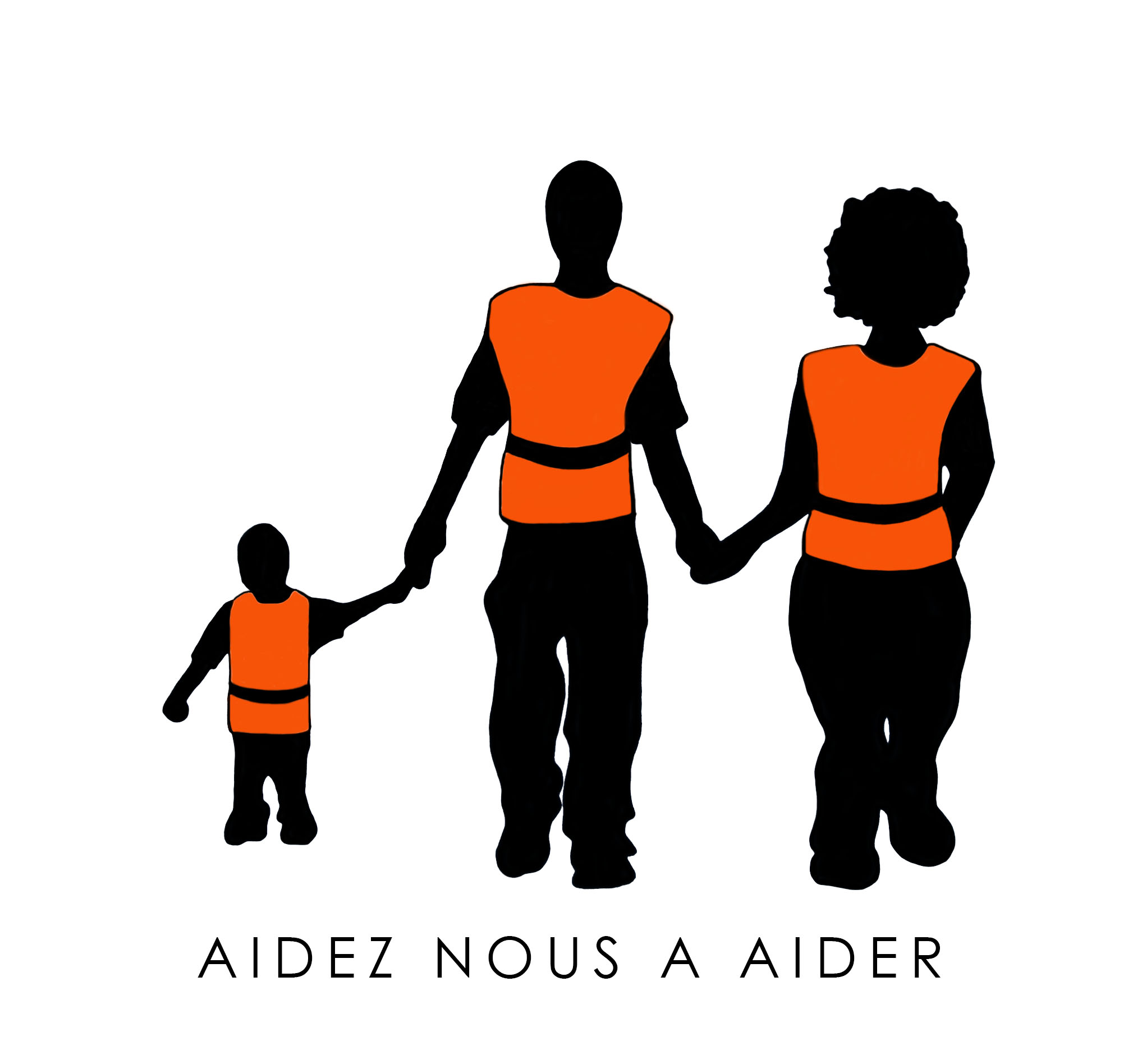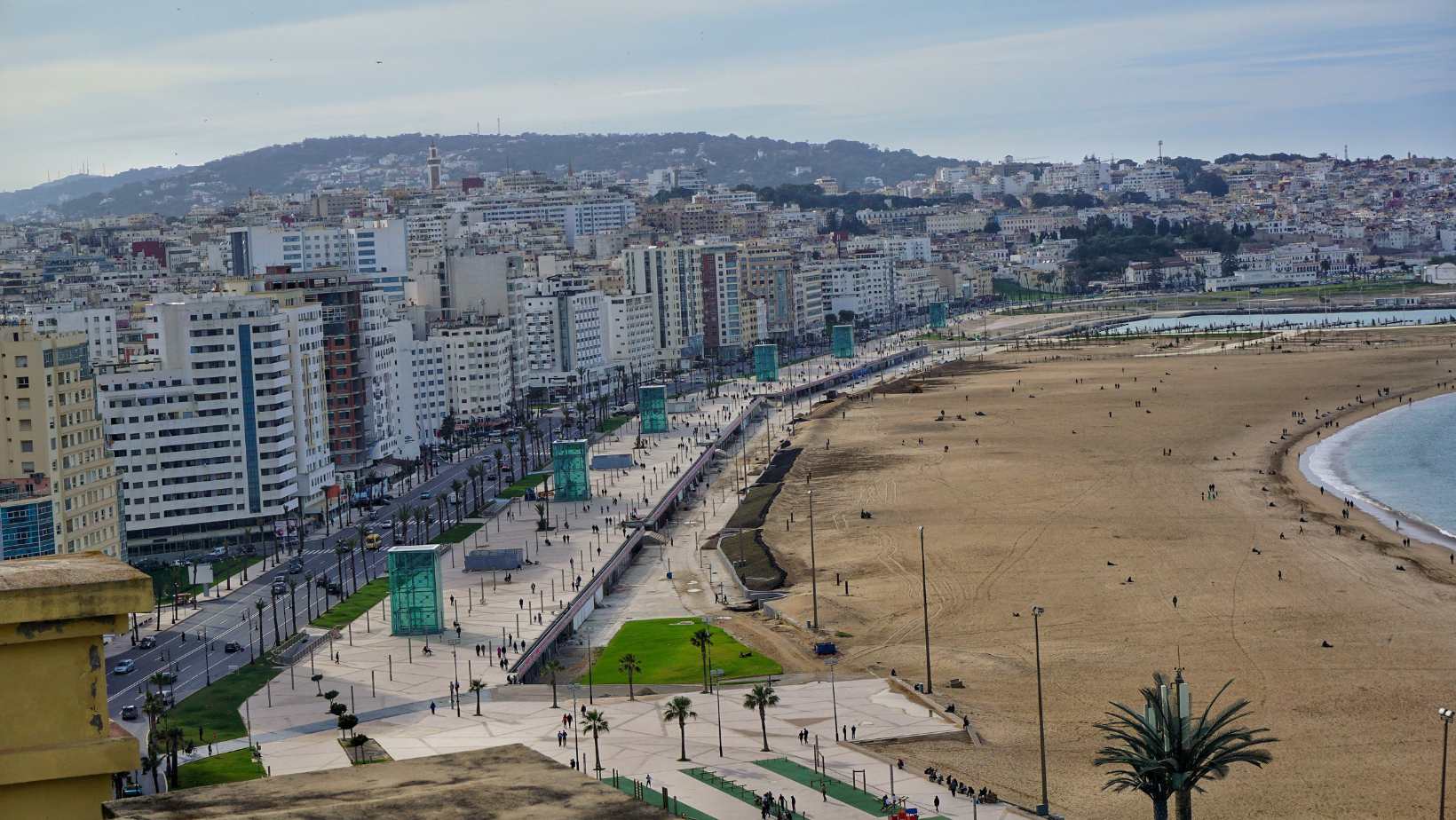Morocco stands at a crossroads of migration routes, serving as a transit hub for migrants from various regions aiming to reach Europe. In response to this complex phenomenon, Morocco has developed migration policies that seek to address both domestic concerns and international obligations. This article delves into the intricacies of Morocco’s migration policy, examining its key features, challenges, and approaches.
Morocco’s migration policy framework is multifaceted, comprising legal, regulatory, and institutional measures aimed at managing migration flows while safeguarding the rights and dignity of migrants. At its core, the policy seeks to balance national security considerations with human rights principles, reflecting Morocco’s commitment to international conventions and agreements.
Morocco has implemented a series of regularization programs tailored to address the complex dynamics of migration within its borders. These programs are designed to provide legal status to undocumented migrants residing in the country, thereby offering them a pathway to regularization and integration into society. By granting legal status, Morocco aims to enhance migrants’ access to basic services such as healthcare, education, and employment opportunities, while also fostering their contribution to the economy.
The regularization programs serve as a crucial component of Morocco’s migration policy, reflecting the country’s commitment to balancing national interests with humanitarian principles. They provide a mechanism for addressing the challenges posed by irregular migration while upholding migrants’ rights and dignity. Moreover, these initiatives align with broader efforts to promote sustainable development and social cohesion within Moroccan society.
Through the regularization programs, Morocco seeks to address the root causes of irregular migration by providing migrants with a legal framework that facilitates their integration into the formal economy and society. By regularizing their status, migrants can access formal employment opportunities, contribute to tax revenues, and participate in the country’s economic growth. This not only benefits migrants themselves but also strengthens Morocco’s economy and social fabric.
Furthermore, the regularization programs underscore Morocco’s commitment to international conventions and agreements related to migration and human rights. By providing undocumented migrants with a legal pathway to regularization, Morocco demonstrates its willingness to uphold migrants’ rights and ensure their protection under the law. This approach enhances Morocco’s reputation as a responsible actor in the field of migration governance and contributes to regional cooperation efforts on migration issues.
Morocco has bolstered its border management efforts to curb irregular migration flows, collaborating with European partners and international organizations to enhance border security measures. This includes the deployment of surveillance technologies, joint patrols, and capacity-building initiatives.
Morocco’s commitment to humanitarian assistance is exemplified through its efforts to address the immediate and long-term needs of vulnerable migrants, particularly refugees and asylum seekers fleeing conflict, persecution, and other forms of violence. Through its asylum system and partnership with international organizations such as the UN Refugee Agency (UNHCR), Morocco protects refugees, ensuring their safety and well-being while they seek asylum and await durable solutions.
Access to healthcare is a fundamental component of Morocco’s humanitarian assistance framework, ensuring that vulnerable migrants have access to essential medical services, including primary healthcare, emergency treatment, and specialized care. Morocco’s healthcare system strives to provide equitable access to healthcare services for all, regardless of nationality or legal status, thereby promoting the health and well-being of migrants and reducing health disparities within the migrant population.
Education represents another key pillar of Morocco’s humanitarian assistance efforts, as access to education is essential for promoting the integration and empowerment of vulnerable migrants, particularly children and youth. Morocco has implemented inclusive education policies that aim to ensure equal access to quality education for all children, including refugees and asylum seekers, enabling them to acquire knowledge, skills, and opportunities for social and economic advancement.
Social support services play a vital role in Morocco’s humanitarian assistance framework, providing essential support to vulnerable migrants to meet their basic needs and enhance their social inclusion and well-being. These services encompass a wide range of interventions, including psychosocial support, livelihood assistance, housing support, and community-based initiatives, aimed at empowering migrants and fostering their resilience in the face of adversity.

Challenges: Despite the efforts made, Morocco’s migration policy faces several challenges, including:
Human rights concerns surrounding the treatment of migrants in Morocco have garnered significant attention from international organizations and advocacy groups. Reports from human rights organizations have highlighted instances of abuse, exploitation, and arbitrary detention faced by migrants within the country’s borders. These concerns underscore the need for robust measures to ensure the protection of migrants’ rights and dignity.
One of the key human rights concerns raised by organizations is the prevalence of abuse and exploitation experienced by migrants, particularly those in vulnerable situations. Migrants, including refugees, asylum seekers, and undocumented individuals, are often subjected to various forms of abuse, including physical violence, sexual exploitation, and forced labor. These violations of human rights not only inflict harm on individual migrants but also erode trust in institutions and undermine efforts to promote human security and dignity.
Arbitrary detention is another significant human rights issue in Morocco’s migration context. Migrants, including children and asylum seekers, are frequently detained without due process or access to legal representation, often in overcrowded and unsanitary conditions. The lack of transparency and accountability in detention practices exacerbates the vulnerability of migrants and exposes them to further risks of abuse and exploitation.
Ensuring the protection of migrants’ rights remains a critical priority for Morocco, as reflected in its commitments under international human rights instruments and conventions. Morocco has taken steps to address human rights concerns in its migration policies and practices, including efforts to improve detention conditions, strengthen access to legal assistance, and enhance oversight mechanisms.
However, challenges persist in translating these commitments into meaningful action, as evidenced by ongoing reports of human rights violations against migrants. Achieving tangible progress in safeguarding migrants’ rights requires sustained efforts to address root causes, promote accountability, and strengthen institutional frameworks for human rights protection.
Human rights concerns surrounding the treatment of migrants in Morocco underscore the importance of prioritizing the protection of migrants’ rights and dignity in migration governance. Addressing these concerns requires a concerted effort to combat abuse, exploitation, and arbitrary detention, while also promoting accountability and transparency in migration policies and practices. By upholding human rights standards and fostering a culture of respect and dignity for all migrants, Morocco can demonstrate its commitment to promoting human security and inclusive development.
Integration and social cohesion are vital components of Morocco’s migration policy, reflecting the country’s commitment to promoting inclusive societies and fostering harmonious relations between migrants and host communities. However, the process of integrating migrants into Moroccan society poses numerous challenges, including language barriers, cultural differences, and socioeconomic disparities, which must be addressed through concerted efforts to enhance social cohesion and implement inclusive policies.
Language barriers present a significant challenge to the integration of migrants, as many migrants may lack proficiency in the official languages of Morocco, such as Arabic and French. This can hinder their ability to access essential services, participate in education and employment opportunities, and engage fully in social and cultural life. Addressing language barriers requires targeted language acquisition programs and support services to help migrants develop language skills and overcome communication barriers.
Cultural differences also play a role in shaping the integration process, as migrants may come from diverse cultural backgrounds with distinct norms, values, and traditions. Bridging cultural divides and promoting intercultural understanding are essential for fostering inclusive communities where migrants and host populations can coexist harmoniously. Cultural awareness training, intercultural dialogue initiatives, and community engagement programs can facilitate mutual understanding and respect among diverse groups, promoting social cohesion and solidarity.
Socio-economic disparities pose another significant integration challenge, as migrants often face barriers to accessing employment, housing, healthcare, and education due to their legal status, lack of skills, or discrimination. Addressing socioeconomic inequalities requires targeted interventions to promote economic inclusion and empower migrants to fully participate in society. This may involve providing vocational training, job placement assistance, entrepreneurship support, and access to social protection programs to enhance migrants’ socio-economic integration and well-being.
Enhancing social cohesion and promoting inclusive policies are essential for fostering harmonious relations between migrants and host communities. By promoting social inclusion, building bridges between diverse groups, and addressing the root causes of exclusion and marginalization, Morocco can create an environment where migrants feel welcomed, valued, and empowered to contribute to society. Ultimately, investing in integration and social cohesion is not only a moral imperative but also a strategic opportunity to build resilient and inclusive communities that thrive on diversity and mutual respect.
Approaches: To address these challenges, Morocco has adopted a pragmatic and comprehensive approach to migration management, focusing on:
- Policy Coherence: Ensuring coherence between migration policies and broader development strategies to harness the potential of migration for sustainable development.
- Capacity Building: Strengthening institutional capacities and enhancing the skills of stakeholders involved in migration governance, including government agencies, civil society organizations, and local authorities.
- Dialogue and Partnership: Promoting dialogue and cooperation with relevant stakeholders, including migrant communities, civil society organizations, and international partners, to develop inclusive and effective migration policies.
Morocco’s migration policy reflects its evolving response to the complex dynamics of migration, balancing national interests with international obligations. While significant strides have been made, challenges persist, requiring continued efforts to safeguard the rights of migrants, promote social inclusion, and foster cooperation at the regional and international levels. By adopting a pragmatic and inclusive approach, Morocco can effectively address the complexities of migration and harness its potential for the benefit of all stakeholders involved.

